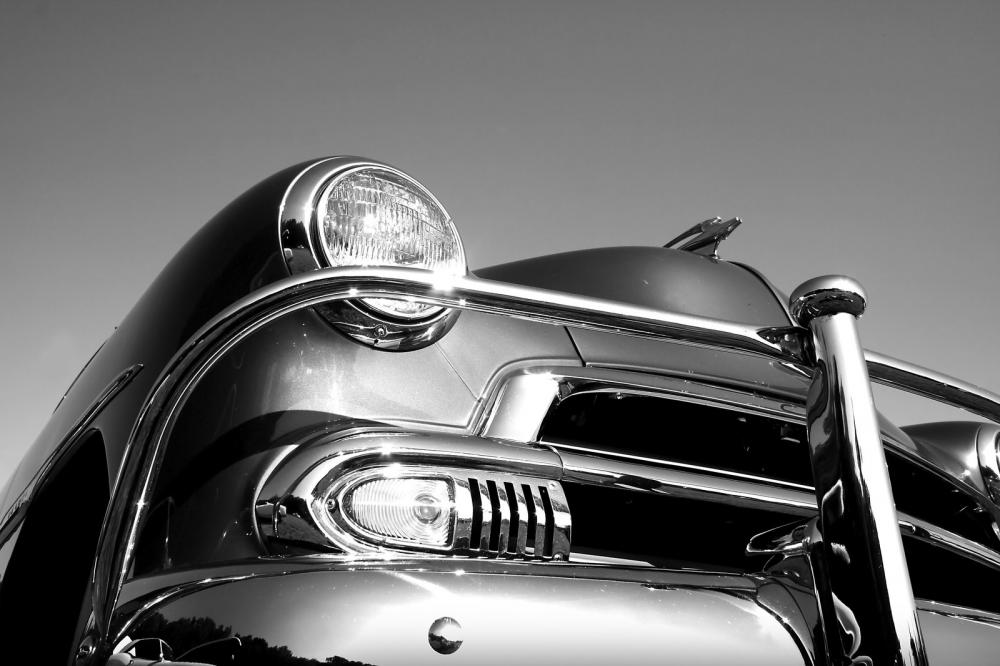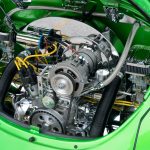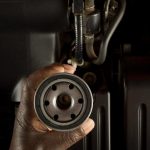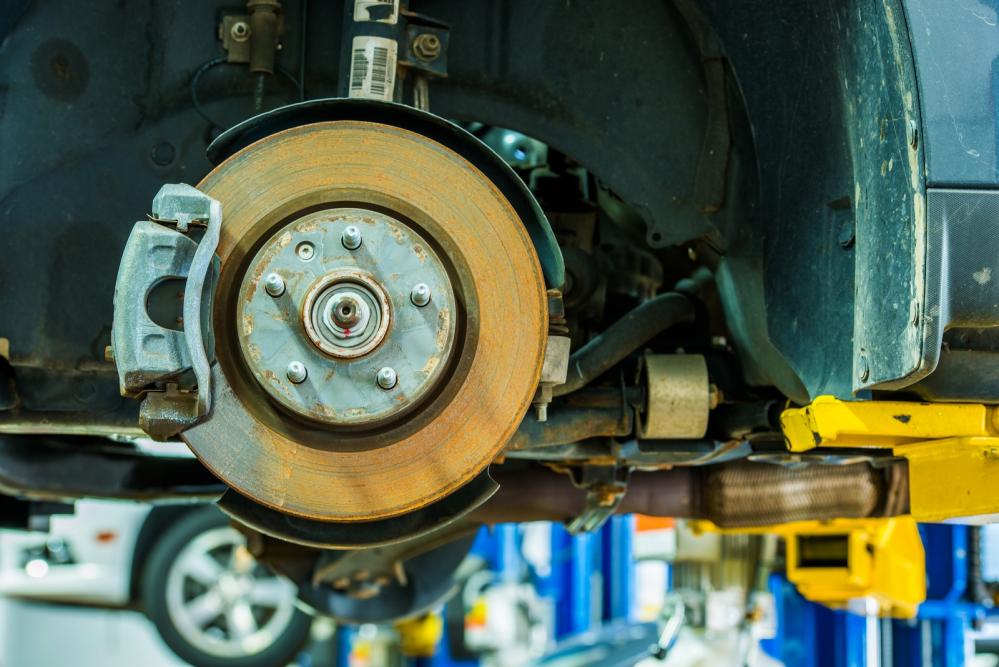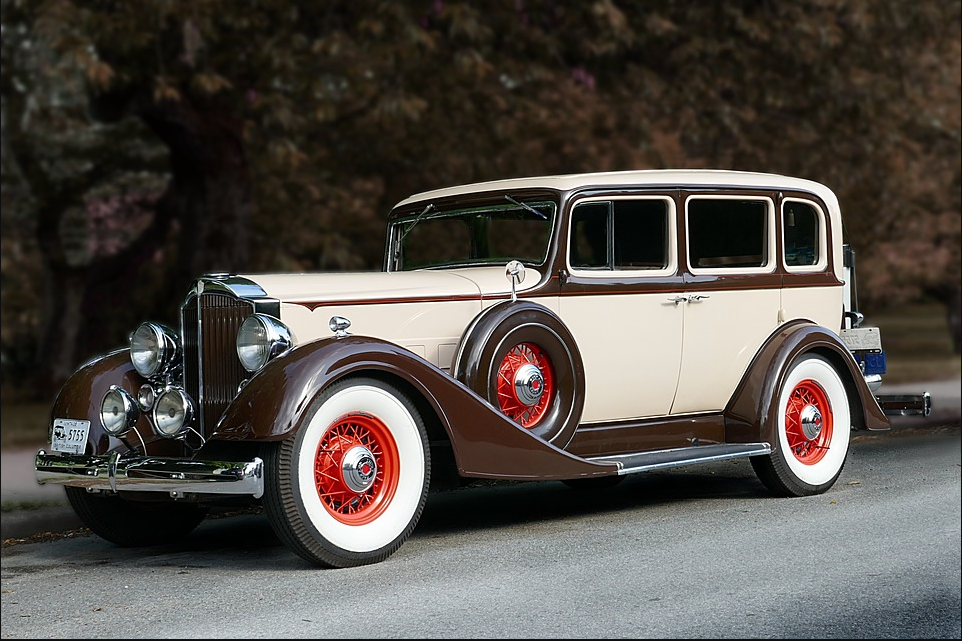You are running late for that important dinner you promised to have with your better half, so you run outside and bolt towards the car. As you latch the seat belts on and turn the car keys in hopes of hearing the ignition switch kicking in full gear, what comes out is nothing but deafening silence as the engine just won’t respond to your input. What could have gone wrong? Is there something you could do right now to start it?
The best way to troubleshoot your car problems is to identify what causes them.
Dead Battery
The primary reason why your car won’t start is that of a dead battery. Now if the battery was weak, but not totally unresponsive, the starter would have turned slowly. You would’ve heard the slow moans as the engine reluctantly jolts into action. But when you have a dead battery, there is no sound. The only response is the dim flickering of light bulbs on the instrument panel.
In some cases, you can still get to your destination by jump-starting the car, but now is the perfect opportunity to get your car battery replaced or you will find yourself in this situation soon enough.
Problems with the Alternator
If the alternator doesn’t work as it should, the battery wouldn’t get charged at all. There are cases when the culprit could be a slipping accessory drive belt. A common sign that indicates failure of the alternator is when the warning light illuminates. In many worse case scenarios, there might be no warning light at all.
Starter Relay Draws Too Much Current
Bad starters that draw too much current might give the impression that your car batteries are responsible. A common sign that the starter has failed is when you smell or see smoke coming from underneath the engine. This probably happens because of a short circuit or a blown fuse. It is important to get the car serviced by professionals if you notice this happening.
Another giveaway that a weakened starter is preventing the car from starting is when you hear a clicking sound as you try to start the vehicle.
Clogged Fuel Filter
Fuel filters have an important function of filtering out particles that could be present in the fuel. Foreign contaminants could damage the vehicle’s components permanently requiring costly repairs or outright replacements. Fuel filters usually become clogged with over time and it is advisable to have them changed every 10,000 miles or so. Clogged fuel filter block gasoline from reaching to the engine.
An Empty Gas Tank
As obvious as it sounds, many car owners forget to refuel their car because they don’t know how much gas is left in the tank. This is commonly the case with owners of classic vehicles that have outdated fuel gauges, making it harder to decipher how much fuel is left in the car. A simple detour to the nearest fuelling station is all that is needed to fix this problem.
Ultimately you will have to make a decision about replacing some of your classic car’s rare parts. 
At ENGG.com, we have access to the rarest classic car parts you will ever need. Click here to learn more.
You can email at info@engg.com or call at + 1-650-230-8081 to contact ENGG.
